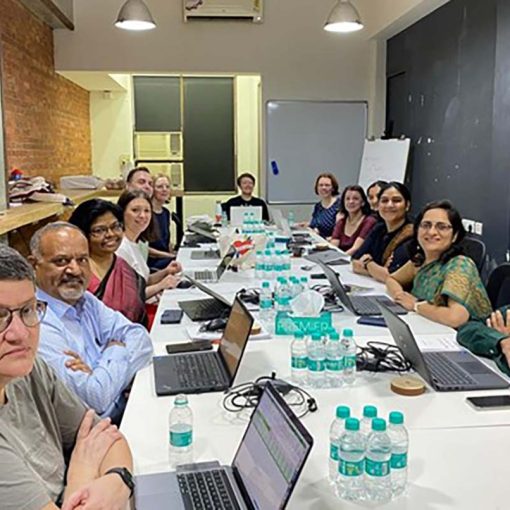Climate change creates pressure on consumers on the environmental impact of their purchasing behavior. Consumers are now more aware and willing to invest in the sustainability of their consumption but often come across financial challenges when making a purchase decision. The financial challenges are usually related to the limited availability of sustainable products or large price differences.
Differences in consumer generations
According to a survey conducted in 2024 (Tiainen 2024), the current consumer generations have differences due to their economic situations that affect their sustainable purchasing behavior. As of today, Generation Z, those born between 1997 and 2010 make up the largest consumer generation. Previous generations, such as Generation X, (born 1965‒1980), are in a more stable financial position but are not as eager to change their spending habits compared to Millennials (born 1981‒1996) or Generation Z.
The younger generations, on the other hand, are more aware of climate change and the environmental effects of consumption but are not financially capable of prioritizing sustainable choices. Oftentimes sustainable and environmentally responsible products are comparatively more expensive and difficult to find, as these products might only be available via the internet or in bigger cities. Many survey respondents also pointed out the harmful contradiction of freight transport or traveling after sustainable products.

The impact of the global economic situation
The global economic situation affects the purchasing power of consumers and how consumers decide to spend their money. For example, times of recession and inflation shape the consumer behavior of ordinary consumers and reduce the possibility of focusing on sustainable consumption. Generation X and Millennials have lived through many global economic crises, such as the recession of the 1990s and the recession of 2008‒2009. Generation Z on the other hand came of age during the pandemic recession of the 2020s. (Reinicke 2022.)
The previous generations have learned to prepare for global economic crises, while the younger generations experience uncertainty with financial independence in an unstable economic situation. Therefore, it is not surprising that sustainable consumption is not the priority for different consumer segments, as consumers must focus on navigating the challenges of the economic state.
Authors
Lilli Tiainen is an international business student at LAB University of Applied Sciences.
Kati Jaakkola works as a Senior Lecturer at LAB University of Applied Sciences at the Faculty of Business and Hospitality Management.
References
Engin_Akyurt. 2016. Akyurt, E. Pyyhkeet, tekstiili. Pixabay. Cited 20 May 2024. Available at https://pixabay.com/fi/photos/pyyhkeet-tekstiili-hygienia-1511875/
Reinicke, C. 2022. Past Financial Crises Have Made Millennials ‘More Cautious, More Proactive’ In How They Manage Money. CNBC. Cited 23 Apr 2024. Available at https://www.cnbc.com/2022/06/21/past-financial-crises-have-affected-how-millennials-manage-money.html
Tiainen, L. 2024. Unmasking Greenwashing: An Examination of Generation Z’s Perception of Sustainable Business. Bachelor’s thesis. LAB University of Applied Sciences. Cited 22 Apr 2024. Available at https://urn.fi/URN:NBN:fi:amk-202404257887




